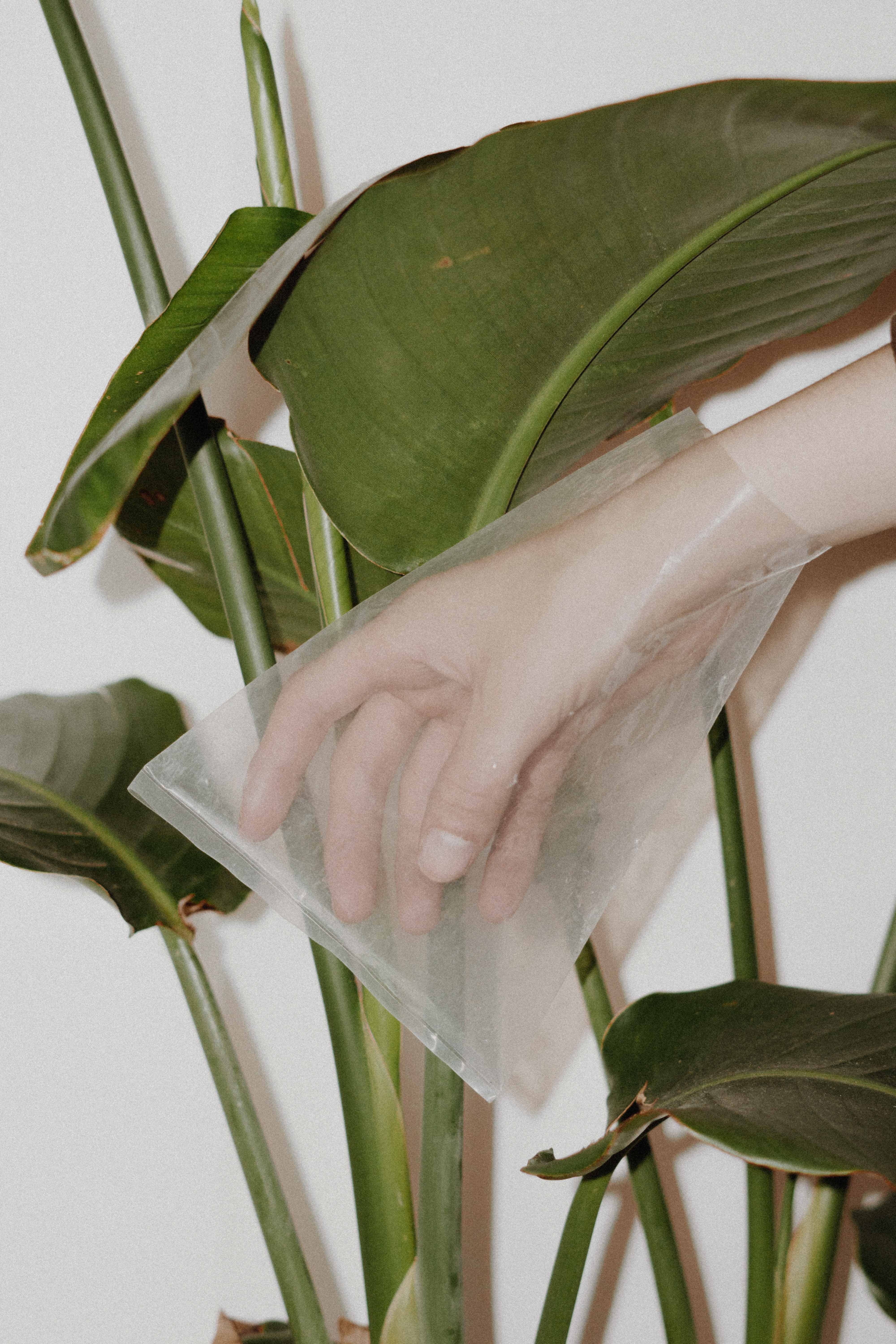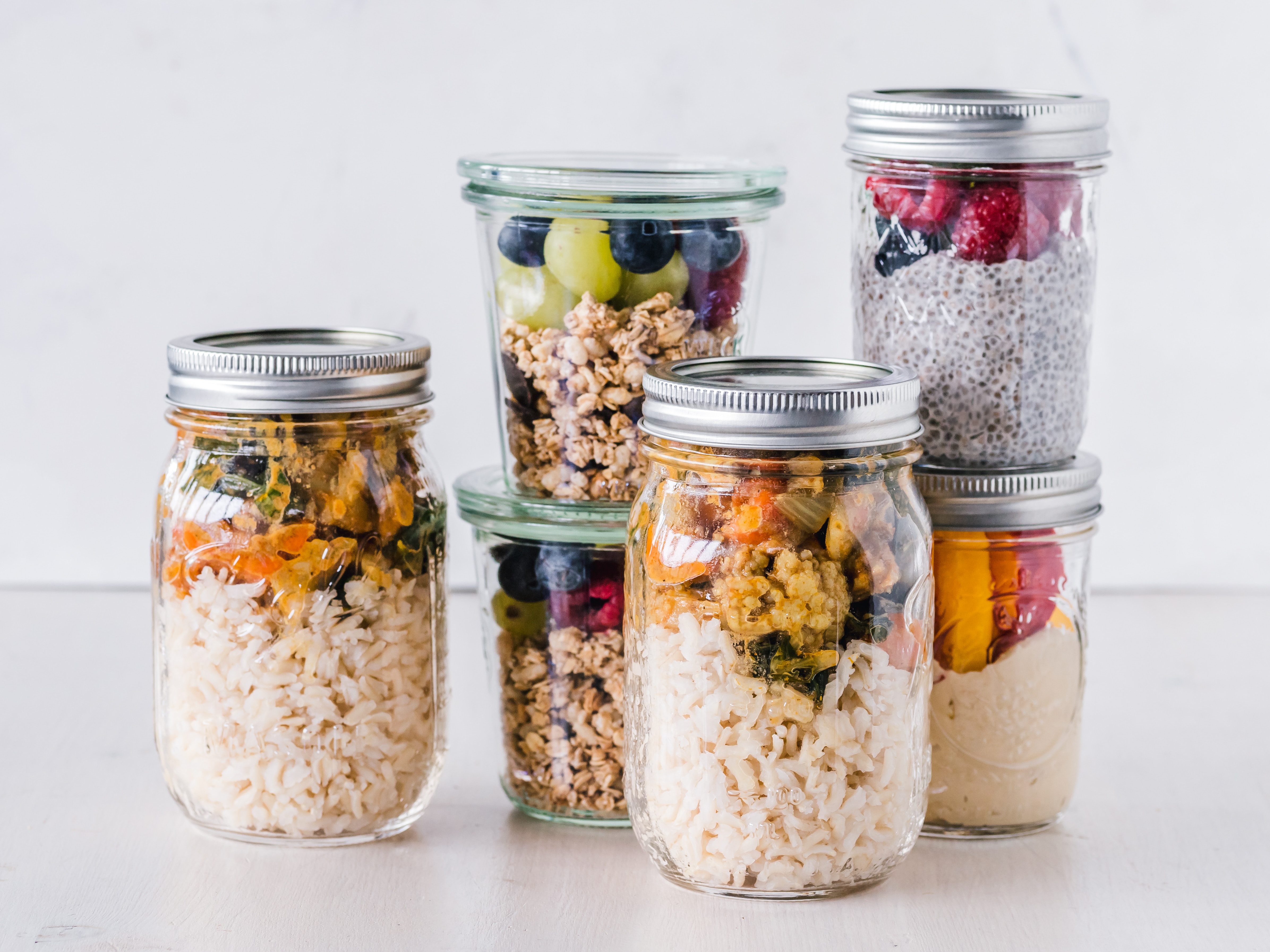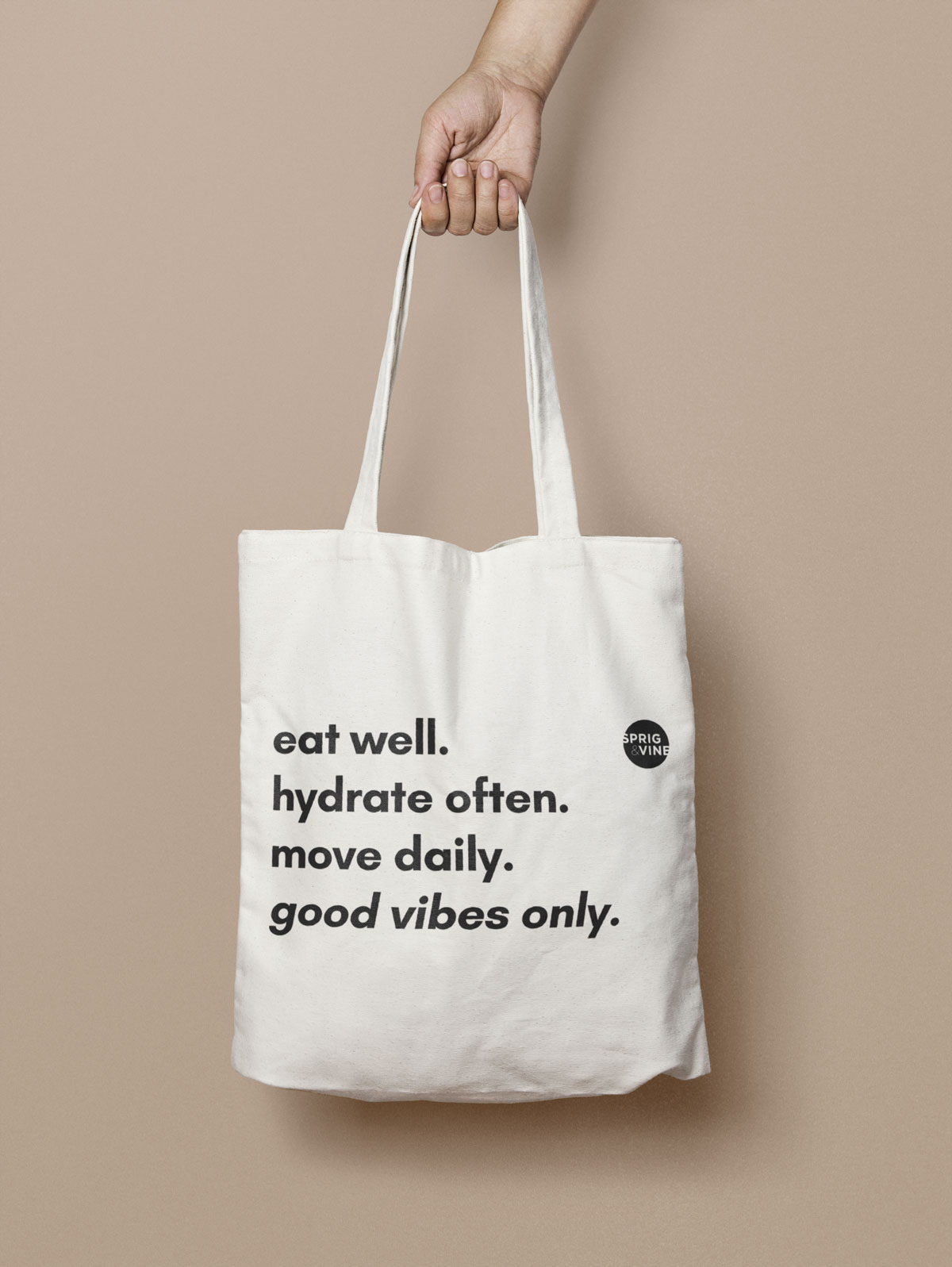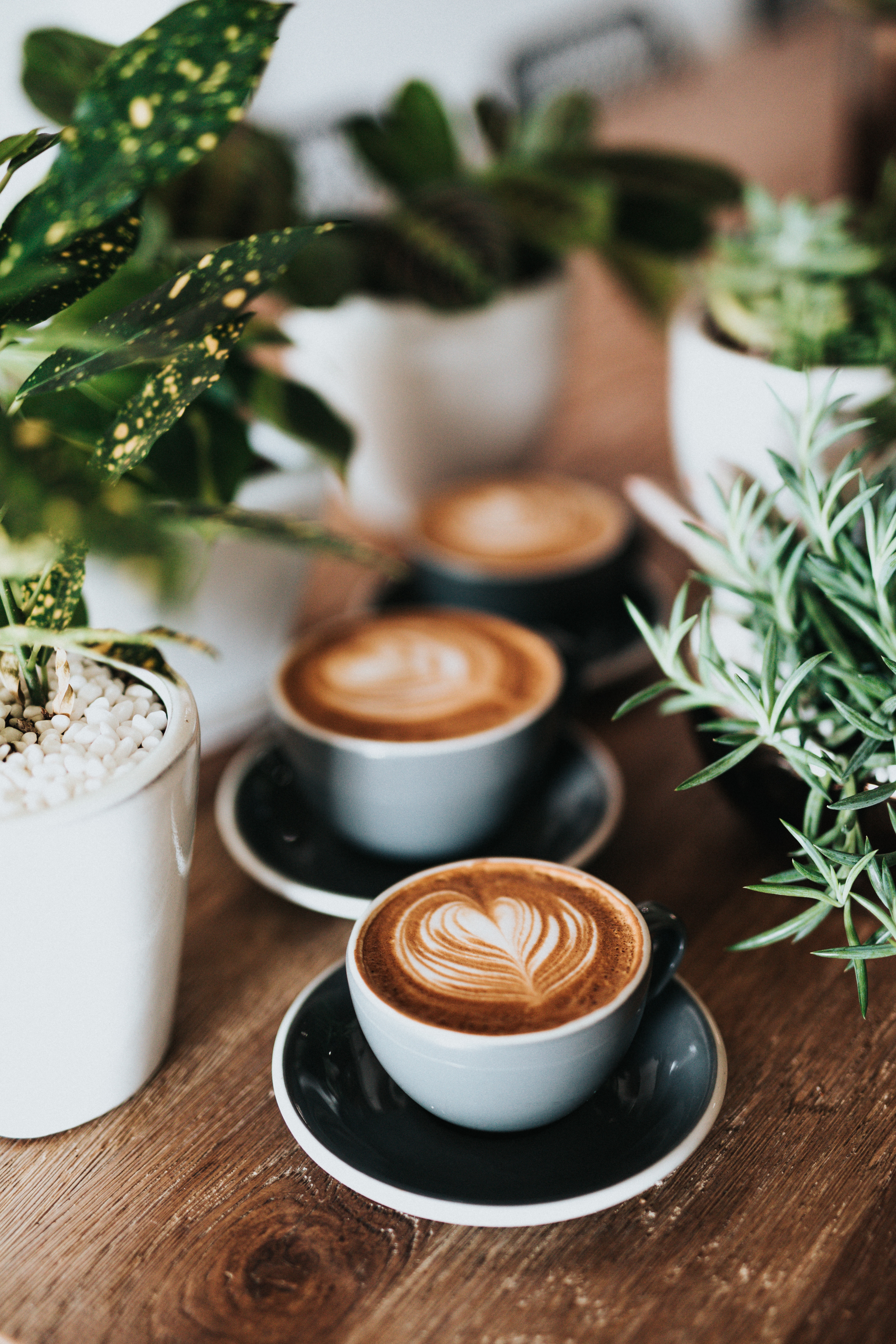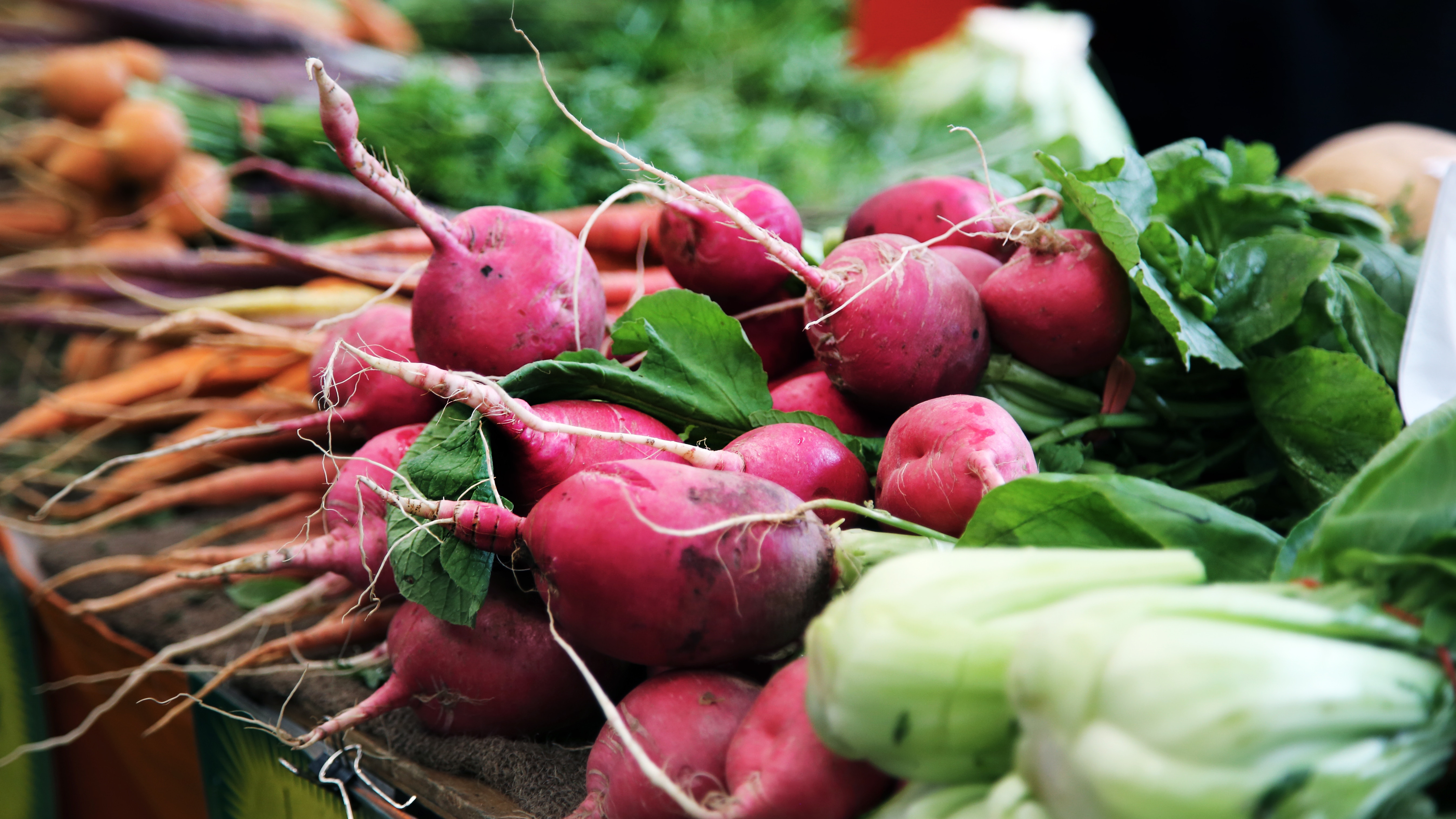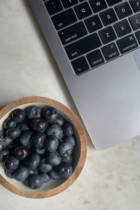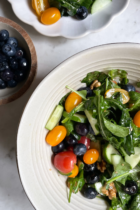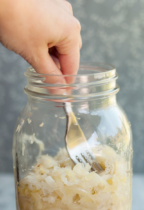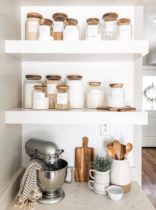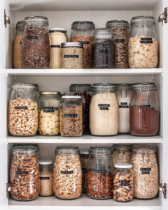Though the great public outrage of 2018 was targeted only at plastic straws; if it taught us anything, it was that straws are just the tip of the iceberg when it comes to our daily plastic consumption. Ditching straws is definitely a good thing, but there’s so much more we can do to kick our plastic habit. All of the disposable coffee cups, plastic grocery bags, takeout containers, and disposable cutlery that we end up using on a daily basis adds up, and we go through way more plastic than we even realise or would like to admit.
We’d love to do our bit to help the environment, but often get overwhelmed and don’t know where to start. We figured some of you feel the same way. So, we came up with a list of easily actionable ways that will help you ditch the plastic habit.
Say no to single use plastic
This one is a must, even if you don’t do anything else on this list! Single-use plastics are disposable plastics that we can only use once before we throw them away. Things like plastic grocery bags, straws, coffee stirrers and lids, soda and water bottles etc. Most of these things are stuff we can do away with altogether, or find substitutes that are more eco-friendly.
Revamp your storage
Instead of using plastic storage boxes and containers, switch to glass jars, boxes, and stainless steel containers for storing all your pantry goods. Even things like fresh produce can be stored in washable reusable cloth bags. It’s a good idea to invest in quality glass food storage boxes like this one and this one, or these jars for dressings and sauces.
Carry a tote
This is just a matter of habit, but bringing a reusable tote bag when you go shopping is a great way to reduce the amount of paper and plastic bags you get at the store. Use a tote that’s lightweight and foldable, and can be stashed in your purse or car easily. Might we recommend our Sprig & Vine tote?
BYOB – Bring your own bottle
If you’re going to be out and about all day, bring your own water bottle with you every where. That way, you won’t end up purchasing a plastic water bottle to quench your thirst. It’s also easier to stay hydrated if you make it easy for yourself by already having a water bottle on hand!
Check your coffee shop habits
Reduce plastic consumption without compromising on your daily caffeine intake by asking for ceramic or glass mugs at your local coffee shop. Instead of always getting your order “to go,” carve out that time for your coffee so you can have it sitting in the café.
If you must get your coffee to go, try bringing your own flask. Most coffee shops these days are more than happy to fill up your personal flask as long as it’s a standard size. Avoid using coffee stirrers for your hot beverages, and straws for the iced ones. Even ditching the plastic lids that come with takeaway paper cups can be helpful in reducing plastic consumption.
Shop local produce
If you’re buying produce, shop from local vegetable sellers and farmers’ markets, rather than a supermarket. Most supermarkets and big chain grocery stores either sell product already wrapped in plastic wrap, or require that you weigh and bag each item separately.
However, if you shop at a local market, you can just bring your tote and fill it up as the produce gets weighed out. At local markets, you can also buy greens and herbs in bunches rather than pre-washed and packaged plastic bags.
Buy pantry items in bulk
While it’s not possible to buy all pantry items in bulk, but get what you can. Purchase a few staples (like rice, beans, lentils, or nuts) from the bulk bins by filling up containers that you bring from home, to ditch the plastic packaging that you get in all retail stores. This also turns out economical in the long run.
Reduce processed and frozen foods
Consuming less packaged food and frozen meals is not only great for kicking your plastic habit, but also great for your health! The easiest way to start doing this is by carrying your own snacks in reusable containers, as snack time is when we most often reach out for packaged food. Bring nuts, fruit, crackers and dips, veggie sticks etc. in your containers to work so that you’re not tempted to hit up the vending machine. Cut down on frozen meals and vegetables, and instead buy fresh seasonal produce instead.
Cook often
Cook dinner once or twice more per week than you would normally do. Pack an office lunch at least one time more per week. This is good for your health because you’ll be eating more nutritious meals, good for your wallet, and good for the environment!
Tailor your takeout orders
If you’re ordering takeout, specify that you don’t want plasticware, cutlery, and extra napkins with your order. If you order often at work, keep a plate, bowls, and cutlery handy at the office.
Try DIY
If you’re open to a little bit of experimenting in the kitchen, try your hand at DIY-ing things you would normally buy. Stuff like nut butters, hummus, pesto, and salad dressings are a good start. If you’re buying store-bought yogurt, try setting it at home instead. If you’re willing to take a leap, why not try making your condiments like ketchup, Sriracha, and mayonnaise at home too?
Build your plastic-free collection overtime
It isn’t practical to revamp your storage overnight without spending a bomb. Slowly build up your plastic free collection, starting with repurposing plastic takeout containers stashed at home. Instead of throwing them all out, use them to store leftovers or freeze food stuff.
And there you have it!
These strategies are easy enough to implement and follow through, but will make a big difference. The key is to start small. It’s not possible to get rid off everything plastic in one go, and neither is it realistic. Rather than trying to make an overwhelming change, kick one habit at a time. Being aware and mindful of the amount of plastic you consume, and taking small steps to remedy that, is a good way to begin.
What are the ways in which you can ditch the plastic habit?
Let us know: leave a comment, or tag @sprigandvine.in on your photos on Facebook and Instagram with the hashtag #goodfoodpractices

